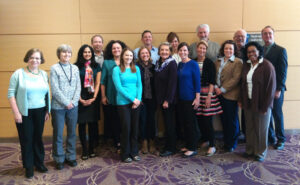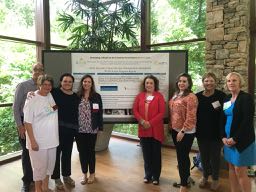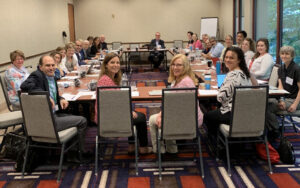‘I Wish the School Had a Better Understanding of the Diagnosis’: parent perspectives on educational needs of students with SCAs
Article Title: ‘I Wish the School Had a Better Understanding of the Diagnosis’: parent perspectives on educational needs of students with sex chromosome aneuploidies
Authors: Thompson, Stinnett, Tartaglia, Davis, and Janusz
Date of Publication: March 13, 2022
“Students with SCAs, have a unique educational profile that may be challenging to support within the schools. Challenges with reading and writing, EF, fatigue/endurance, social skills and emotion management may act as barriers to learning, and are frequently triggered in busy classroom environments. Skills hovering in the borderline range are common to the SCA phenotype and are not often well served by special education systems with limited resources and strict cut-offs for qualification. As a result, families may feel they need to advocate strongly for their child to receive adequate support services. To improve the educational experience of children with SCAs, we recommend increased collaboration between the school and the child’s medical team, strong parent partnerships and acknowledgement of the significant role the genetic condition plays in the educational experiences of students with SCAs.”



